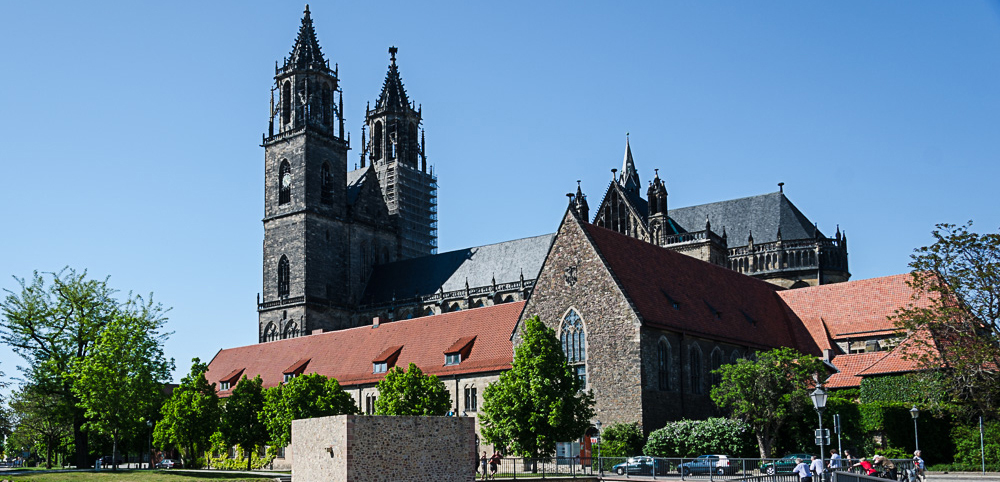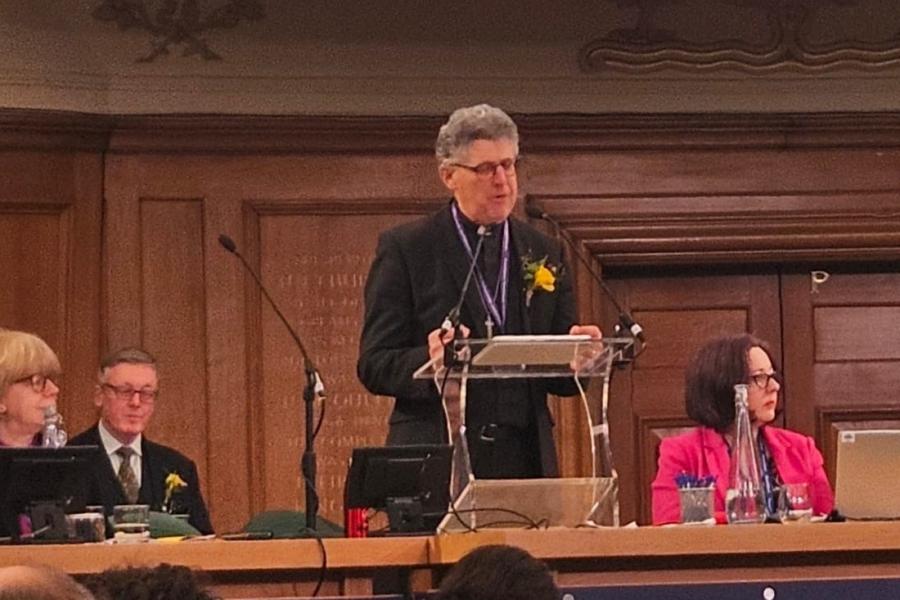
Thousands gathered in Worcester on RemembranceSunday to mark the exact centenary of the Armistice at the eleventh hour of theeleventh day of the eleventh month of 1918. I have to confess that I wasabsent. Not I hasten to add, because I was nervous of the weather, like thePresident of the United States. It was because I had been invited to take partin the remembrance of the Armistice in Germany. The Diocese of Worcester has apartnership with the protestant Church in centralGermany, and a particular link with Magdeburg Cathedral. The Dean of Magdeburgkindly asked me if I would preach at their Remembrance Sunday service. Ithought it was so significant that a German cathedral should wish to havesomeone from this country to speak to them, that I felt it was my duty toaccept.
The first writer to reflect on the effects of war inboth Britain and Germany was the Roman historian Tacitus. He tells us that oneof the British chieftains, defeated by the Romans, said that the Romans made adesolation and they called it peace. I suggested in my sermon that the peacethat followed the First World War was like that. It was a desolation in which,especially in Germany, national humiliation and despair provided a readycontext for the rise of Hitler. In my sermon in Magdeburg, I contrasted thatsort of peace with what the word peace means in the Bible. In the Bible,peace is always positive. It means the well-being and health and harmony of thecommunity.
I also said that whatever this country decides to doin the next few weeks and months about its relationship to continental Europe,there will be all the more need for all people of goodwill to stand up for theideals of international friendship and co-operation.
This piece was originally written for the Worcester News.

